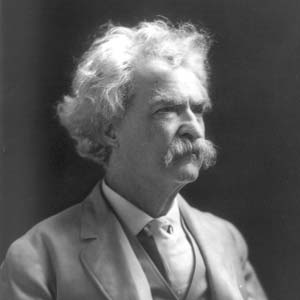
I believe in an open mind, but not so open that your brains fall out. // Creo en una mente abierta, pero no tanto como para que se te caiga el cerebro. (Mark Twain, 1835 - 1910)
+ Continue leyendo Twain’s quote [...] →
| |||||
  I believe in an open mind, but not so open that your brains fall out. // Creo en una mente abierta, pero no tanto como para que se te caiga el cerebro. (Mark Twain, 1835 - 1910) + Continue leyendo Twain’s quote [...] →  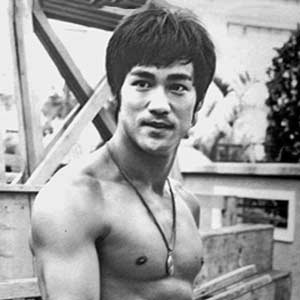 Not failure, but low aim, is the crime. In great attempts it is glorious even to fail. // No fallar, pero con un bajo objetivo, es el crimen. En grandes intentos es glorioso incluso fallar. (Bruce Lee, 1940 - 1973) + Continue leyendo Lee’s quote [...] →  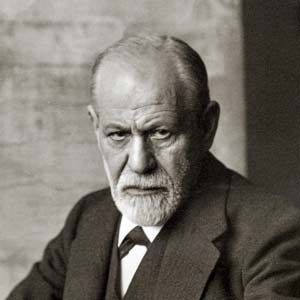 Si dos individuos están siempre de acuerdo en todo, puedo asegurar que uno de los dos piensa por ambos. // If two people always agree on everything, I can assure you that one of the two think for both. (Sigmund Freud, 1856 - 1939) + Continue leyendo Freud’s quote [...] →  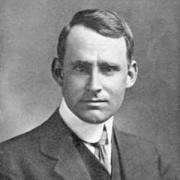 Not only is the universe stranger than we imagine, it is stranger than we can imagine. // El universo no sólo es más extraño de lo que imaginamos, es más extraño de lo que podemos imaginar. (Sir Arthur Stanley Eddington, 1882 - 1944) + Continue leyendo Eddington’s quote [...] →  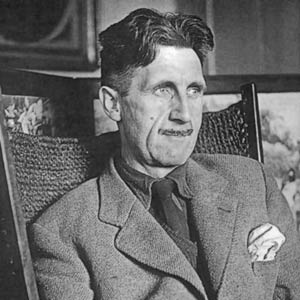 If liberty means anything at all, it means the right to tell people what they do not want to hear. // Si la libertad significa algo, significa el derecho a decirle a la gente lo que no quiere oír. (George Orwell, 1903 - 1950) + Continue leyendo Orwell’s quote [...] →  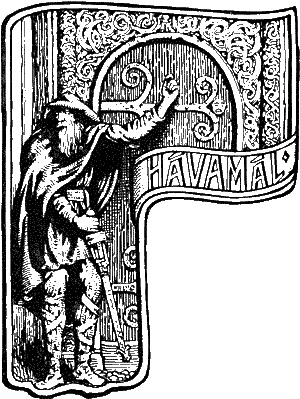 «The unwise man is awake all night, and ponders everything over; when morning comes he is weary in mind, and all is a burden as ever.» // «Un hombre inculto en vela las noches pasa reflexionando en cualquier cosa; así, su mente está agotada al llegar la mañana, y su miseria sigue igual.» (Hávamál, stanzas #23, c. 800 d.C. / Havamal, estrofa #23, h. 800 d.C.) + Continue leyendo Hávamál #23 [...] →   Estudia el pasado si quieres pronosticar el futuro. // Study the past if you would divine the future. Kung-fu-tzu (Confucio, 551 - 479 a.C.) // (Confucius, 551 - 479 b.C.) + Continue leyendo K’ung-Fu Tzu’s quote [...] →  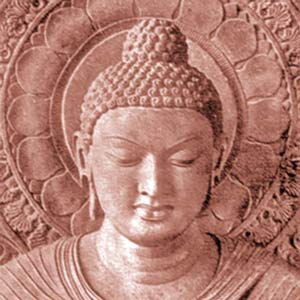 Los que riegan, canalizan el agua; los arqueros enderezan la flecha; los carpinteros tallan la madera; los sabios disciplinan sus mentes. // As irrigators lead water where they want, as archers make their arrows straight, as carpenters carve wood, the wise shape their minds. (Siddhartha Gautama, El Buddha 563 a 483 a.C. // Siddhartha Gautama, The Buddha 563 to 483 b.C.) + Continue leyendo Buddha’s quote II [...] →   Si conoces a los demás y te conoces a ti mismo, ni en cien batallas correrás peligro; si no conoces a los demás pero te conoces a ti mismo, perderás una batalla y ganaras otra; si no conoces a los demás ni te conoces a ti mismo, correrás peligro en cada batalla. (Sun Tzu) + Continue leyendo Sun Tzu’s quote [...] →  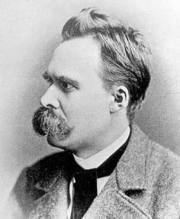 Christianity gave Eros poison to drink; he did not die of it, certainly, but degenerated to vice. El cristianismo le dio a beber veneno a Eros; ciertamente, él no murió de eso, pero degeneró en vicio. (Friedrich Nietzsche, Beyond Good and Evil, 1844 - 1900) + Continue leyendo Nietzsche’s quote II [...] → | |||||